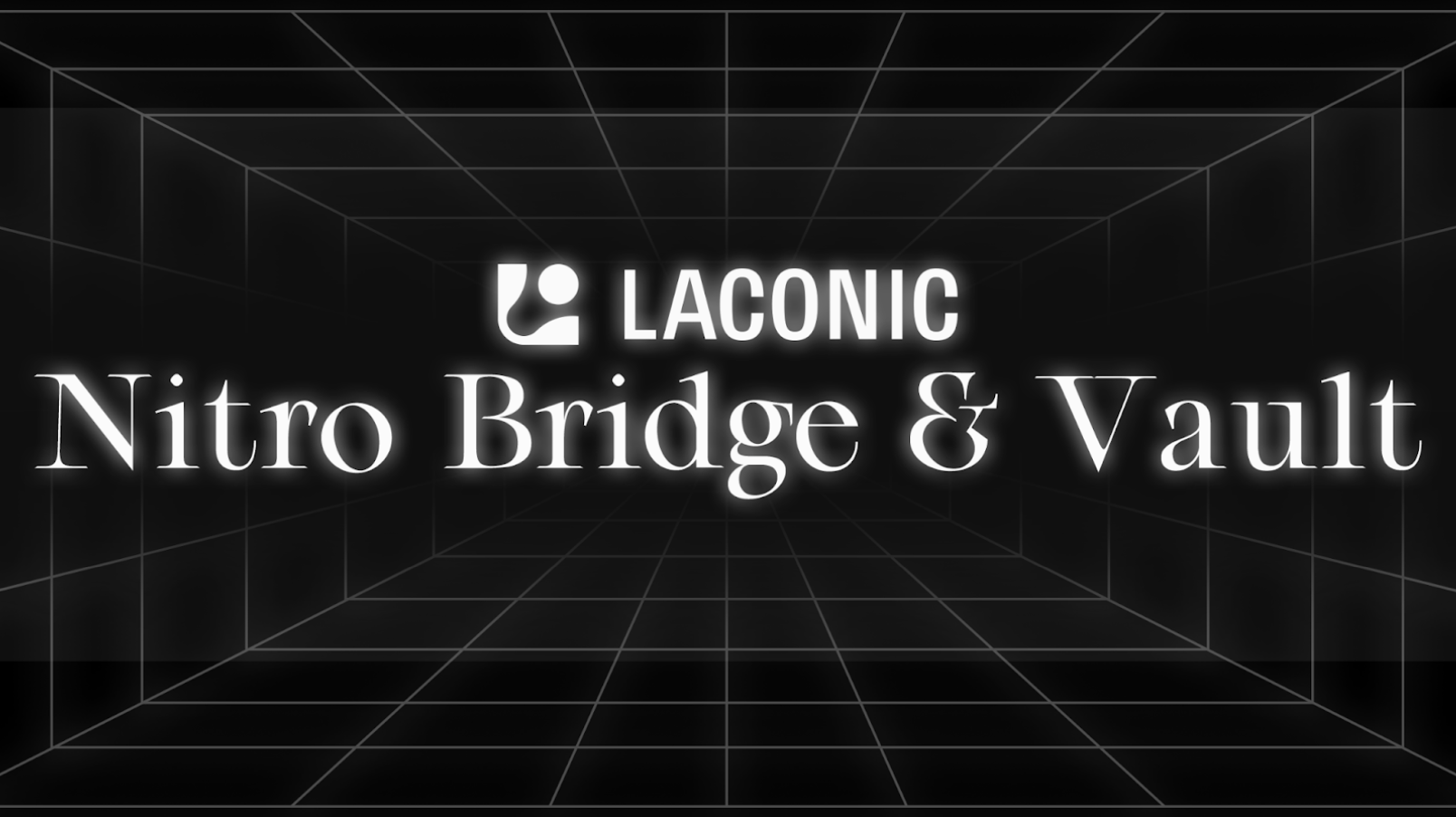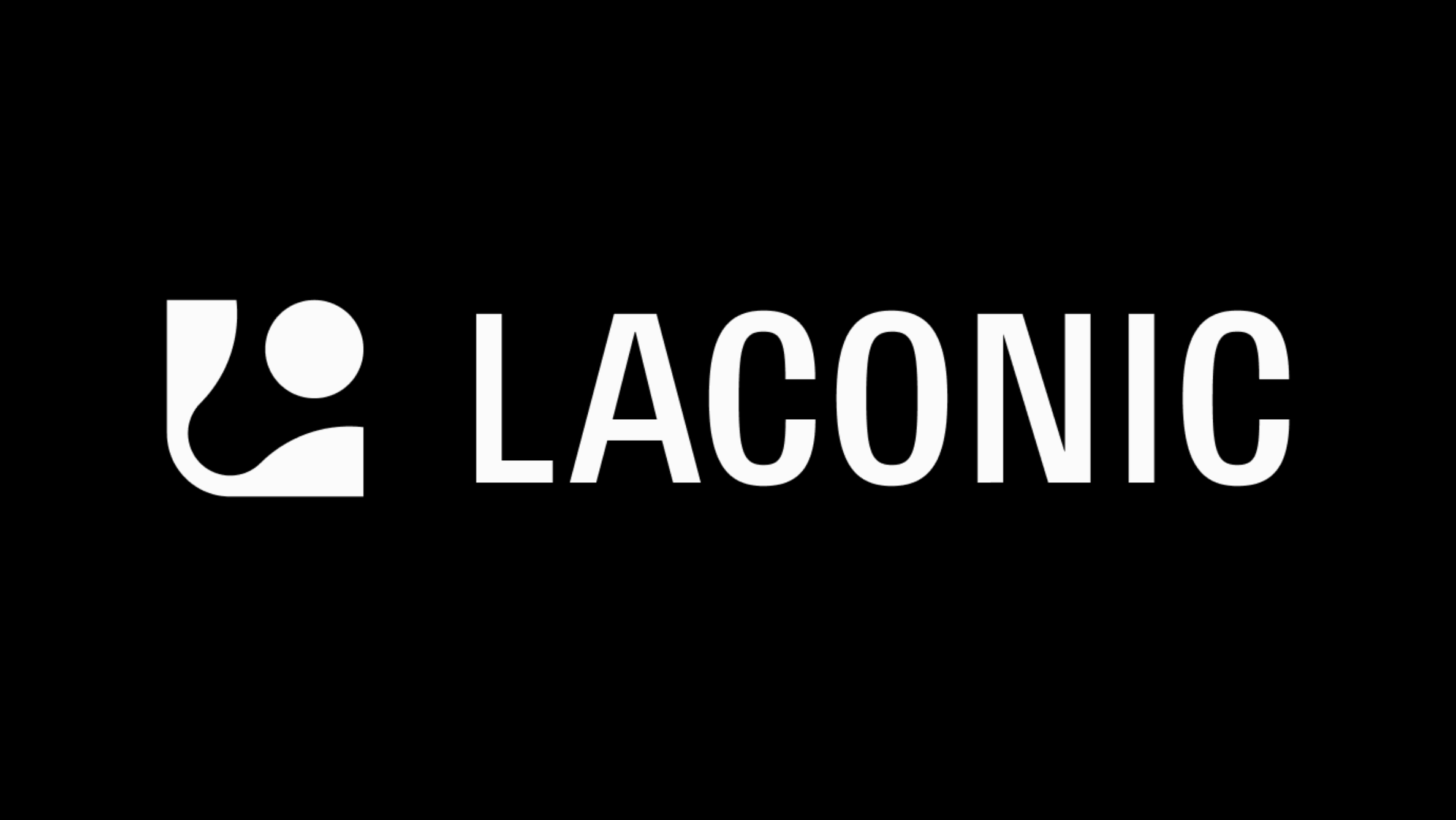Laconic and ConsenSys’s MetaMask Launch MobyMask Light Client
- Partners

"It’s hard to overstate what an achievement this [Laconic] is for bringing down the computational costs of privacy, scalable data distribution, and also speed of data lookups for users who repeatedly use the same contracts but don’t necessarily run their own full nodes."
Today I’m thrilled to announce that Laconic is partnering with the world’s leading self-custodial wallet, ConsenSys’s MetaMask, and MetaMask founder Dan Finlay, to launch MobyMask, an anti-phishing tool. You can check out Dan Finlay’s original MobyMask blog, and his blog announcement today, for more information.
MobyMask is a community-sourced registry for managing and reporting phishing accounts across social media and Web3 intersections, based on MetaMask's Delegatable framework. It provides robust tools for sourcing phishing reporters from across online communities, using a dynamic web of trust. The registry is designed to grow organically as community members report scammers and phishers directly onto the Ethereum mainnet.
Accessible, affordable privacy and security
Laconic's MobyMask-caching Ethereum light client greatly reduces the cost of hosting a trustworthy copy of the MobyMask anti-phishing registry, making the tool accessible and affordable for a wide range of users. By optimizing the blockchain query process, explains Dan Finlay in his blog announcement today, Laconic "greatly reduces the computational costs of privacy, scalable data distribution, and also speed of data lookups for users who repeatedly use the same contracts but don’t necessarily run their own full nodes."
MobyMask further streamlines blockchain security by bringing light-client functionality directly to the browser. The key is the Laconic Watcher, an essential piece of the Laconic Stack that caches only the specific blockchain data required for a particular query—reducing data requirements by orders of magnitude while creating a lightweight, self-hostable process that web services such as MetaMask, WalletGuard, and Phishfort can use to draw MobyMask phishing detection data. A soon-to-be-released TypeScript version of our Watcher will streamline security even further, with support for fully browser-based list caching and peer-to-peer data replication.
Lowering barriers for entry to Web3
Phishing and related scams plague both novice and experienced blockchain users, creating further barriers to adoption and limiting the potential for growth of the Web3 ecosystem. That’s created a real need for tools that make this ecosystem safer, faster, easier, and more affordable to use. In reducing technical requirements for interacting with the blockchain, the Laconic protocol lowers barriers to entry, making Web 3 technologies more accessible to those with limited resources.
With that goal in mind, Laconic is working on an update that lets users search a dynamic repository of phishing reports, and share them with a network of peers, via a free private API. Messages will be fully provable on chain, with blockchain used only to resolve registry conflicts and revoke access when needed. While the initial repository is by invitation only, Laconic and MobyMask plan to eventually allow users to subscribe to multiple roots of trust, and to host their own. Meanwhile, we’re laying the groundwork for an ambitious shared vision: a system with the ability to verify credible sources for a wide range of information types.
A highly scalable and privacy-preserving application
With MobyMask making Web3 access safer and less stressful for everyone involved, the potential benefits, says Dan, are substantial. ”If we’re going to build anything of value out of decentralized technology, we need to basically eliminate phishing. That's going to take a lot of creativity and ingenuity, and we’re happy that Laconic and MobyMask combine so well to deliver a highly scalable and privacy-preserving application whose safety remains rooted on the blockchain.”
You can learn more about MobyMask at mobymask.com. For more information on Laconic, join the Laconic Discord.

